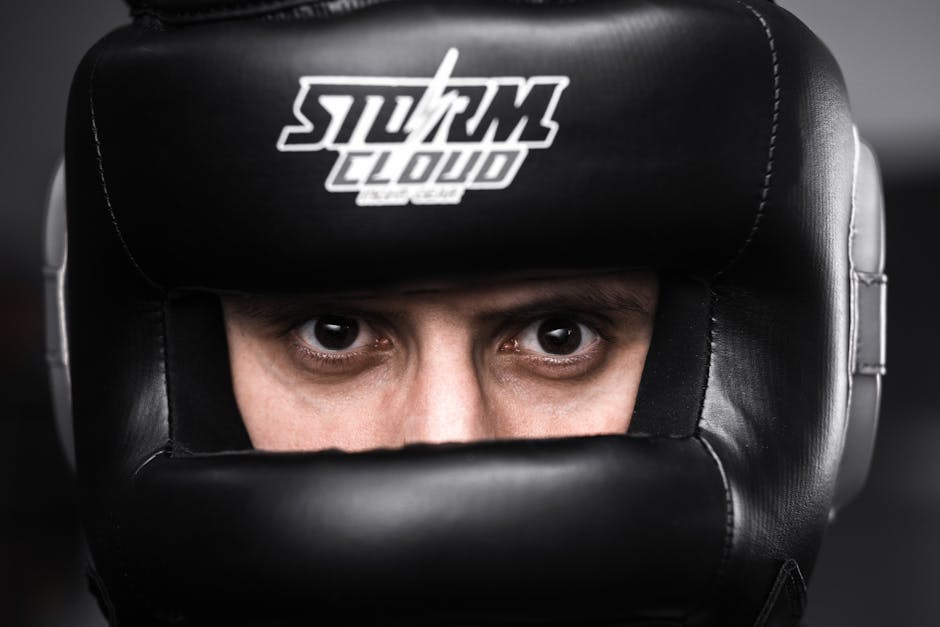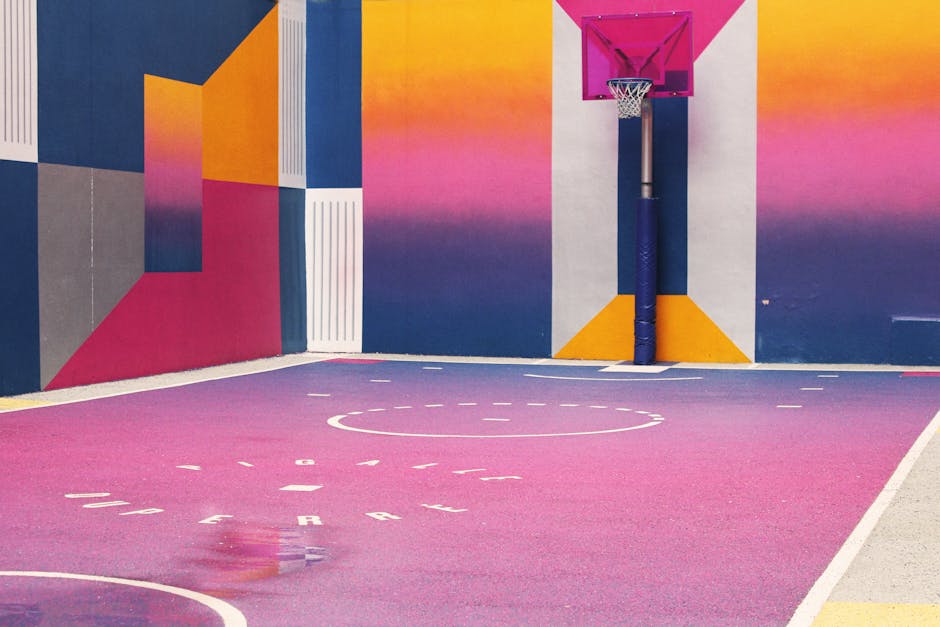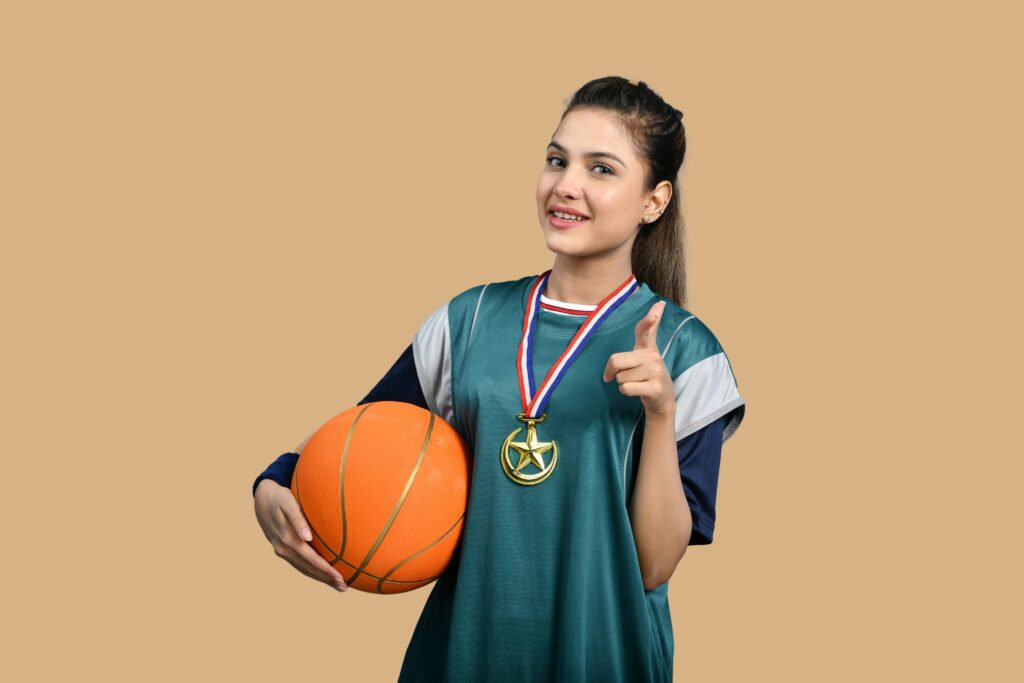Introduction
Mental toughness in sports isn’t about being emotionless or pushing through injury at all costs. It’s the ability to stay composed, focused, and driven no matter the situation—whether you’re down by 20, playing in hostile territory, or staring down your own self-doubt. It’s about keeping your head when everything else around you is slipping.
Some people confuse it with stubborn grit. But real mental toughness is strategic. It’s knowing when to regroup, when to press forward, and how to stay disciplined when the game plan gets tested. It’s what separates the athlete with raw ability from the one who can execute under pressure, day after day.
In every sport, there’s a point where talent levels out. The best in the world aren’t always the biggest or fastest—they’re the ones who can stay locked in and deliver in the moments that matter. That edge? It’s mental.
Core Components of Mental Toughness
Mental toughness isn’t some abstract mindset—it shows up in real moments, under real pressure. Four traits define it, and they don’t happen by accident. They’re built with repetition, brutal honesty, and sharp self-awareness.
Emotional control is the ability to stay cool when the game heats up. That missed call, the trash talk, the momentum swing—none of it matters if you can’t manage your response. The mentally tough athlete keeps their pulse steady and focus sharp, even when the noise gets loud.
Focus and concentration follow close behind. In sports, distractions are constant. Fans, cameras, clocks, outcomes—your mind has a thousand places it could go. The difference-maker? The athlete who zones in on the task, play by play, second by second. Eliminate the clutter, execute the job.
Confidence isn’t about bravado. It’s about trusting your work. When the pressure spikes, preparation steps in. The reps you’ve logged, the drills you didn’t skip, the film you watched when no one was watching—you lean on that, not flash or hype. Confidence shows up when you stop questioning and start doing.
Resilience is the reset button. A bad play, a tough loss, an injury—none of them are the end unless you let them be. Mentally tough athletes don’t avoid failure, they absorb it, learn, and charge forward. They know momentum can be reclaimed and narratives rewritten.
These components don’t live in highlight reels. They’re forged in practice, strain, and setback. And they’re what separate the ones who play from the ones who break through.
Real-World Applications in Sport
Mental toughness isn’t a buzzword for elite athletes—it’s a survival tool. In both training and competition, it shows up in small moments that make big differences. Think of Novak Djokovic clawing back from two sets down. Or Simone Biles stepping away, not as surrender, but as master control of pressure. That’s mental toughness at work.
Training isn’t just reps and drills anymore. Athletes are staying longer in the discomfort zone. Marathoners push through brutal interval sessions with no crowd, no medals—just grit. NFL rookies like Puka Nacua credit mindfulness and structured focus exercises for staying sharp when playbooks get dense and the lights start blinding.
Even among up-and-coming talent, you see the same discipline. Rising tennis phenom Linda Nosková trains focus by simulating high-stress match points in practice. Young soccer players in elite academies are taught visualization alongside basic footwork. It’s not magic—just learned toughness, edged into routine.
Explore more about how new athletes are growing their mental edge: In-Depth Profiles of Emerging Sports Stars.
Developing Mental Toughness
Mental toughness doesn’t flip on overnight. It’s built—slowly, on purpose, and usually without fanfare. Daily habits do the heavy lifting. Things like showing up to practice when motivation’s low, finishing reps when no one’s watching, regrouping after a mistake instead of spiraling. Grit lives in the small choices repeated over time.
Coaching plays a key role. Not just in teaching skills, but in setting expectations, applying pressure, and offering feedback that stretches an athlete without breaking them. The environment matters too—team culture, peer accountability, and even top-tier opponents can challenge athletes to level up mentally.
Then there are the formal tools: visualization, mindfulness, clear goal setting. These aren’t just buzzwords. Athletes who mentally rehearse performance scenarios are steadier when under the lights. Mindfulness supports emotional regulation during high stress. Goals give focus when things get hard—which they will.
Bottom line: mental toughness can’t be faked, but it absolutely can be trained.
The Edge It Provides
The gap between a good athlete and a great one is rarely just physical. It often comes down to who can stay locked in when things get messy. Mental toughness doesn’t shout; it shows up in the small moments—when a player steps up under pressure, bounces back from a disaster play, or calmly anchors the team when everything’s shaking.
Game-changing moments are built in the mind. The mentally tough athlete doesn’t panic in overtime, doesn’t collapse when the score flips. They stick to the plan, trust their reps, and keep their head in gear. That calm? It’s earned. Through years of tough practices, brutal losses, and high-pressure reps. It’s not about being fearless—it’s about acting anyway.
Over time, this resilience isn’t just a clutch bonus—it’s the foundation of a long, consistent career. Players who can manage stress, stay motivated year after year, and adapt to setbacks last longer. They dodge burnout. They evolve. And they keep showing up, season after season, still sharp. Physical talent fades. But mindset, trained right, can hold the line for years.
Conclusion
Mental toughness isn’t a rare gift—it’s a skill. And like any skill, it can be built with the right kind of work. Athletes who commit to the grind mentally—just like they do physically—gain an edge that shows up everywhere: in practice, under pressure, during a comeback, or late in the season when fatigue sets in.
This edge doesn’t always stand out on the stat sheet, but it’s often the difference-maker. When skill levels are equal, the mentally tougher athlete is the one who holds the line when things get messy. They make sharper decisions, recover faster from setbacks, and keep moving when others freeze.
You don’t have to be born with a thick skin or unshakable focus. You just need to care enough to train your mind like you train your body. Because when the match is tight and everything’s on the line, the strongest mind usually wins.




